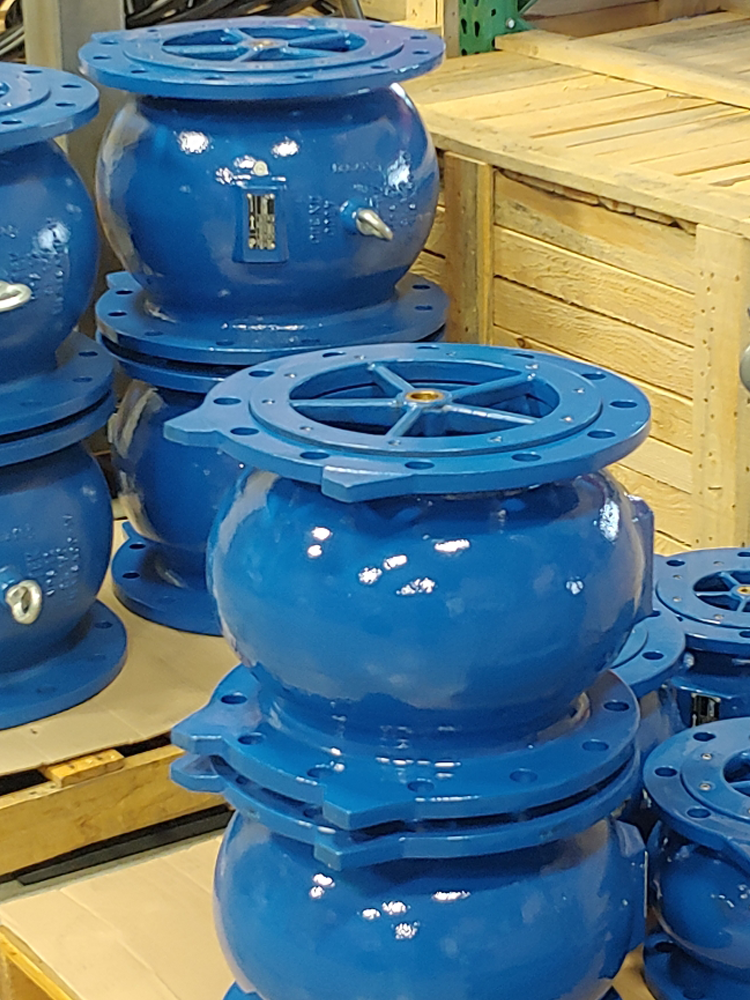
- Call Us
- +8618633052223
- njhdvlz@163.com
Nov . 25, 2024 17:44 Back to list
valve working principle supplier
Understanding Valve Working Principles and the Role of Suppliers
Valves are essential components in various industries, including oil and gas, water treatment, chemical manufacturing, and many more. They control the flow and pressure of fluids in a system, ensuring that operations run smoothly and efficiently. Understanding the working principles of valves is crucial for engineers, technicians, and procurement specialists alike, as it helps ensure that the right type of valve is selected for a particular application. This article delves into the fundamental working principles of valves and explores the important role that suppliers play in this context.
Core Working Principles of Valves
At its simplest, a valve operates as a device that regulates, directs, or controls the flow of fluids. The working principle of a valve hinges on two main factors its design and the actuation method. The most common types of valves include gate, globe, ball, butterfly, check, and relief valves, each of which operates based on distinct principles.
1. Gate Valves Gate valves function as on/off devices. They use a gate or wedge that moves up and down to control the flow. When the gate is fully raised, the flow is unobstructed; when lowered, it cuts off the flow altogether. Gate valves are typically used in applications where a straight-line flow of fluid is needed.
2. Globe Valves Unlike gate valves, globe valves use a spherical body and are designed to regulate flow rather than simply start or stop it. Their internal disc or plug can be adjusted to execute fine control over fluid flow, making them suitable for throttling applications.
3. Ball Valves Ball valves are known for their quick operation and tight sealing properties. They use a hollow, perforated sphere (the ball) that rotates to control flow. When the ball is aligned with the flow, the valve is open; when rotated 90 degrees, it shuts off the flow.
4. Butterfly Valves These valves have a rotating disc that acts as a throttling device. The disc is mounted on a rod, allowing it to pivot, hence controlling the flow of fluid through the valve. Butterfly valves are commonly used for larger flows due to their lightweight design and efficiency.
5. Check Valves Check valves are designed to allow fluid to flow in only one direction, preventing backflow. They operate on the principle of gravity or pressure differentials, utilizing a disc or ball that automatically closes when reverse flow occurs.
6. Relief Valves Safety is paramount in fluid systems. Relief valves are crucial in relieving excess pressure, thus preventing potential hazards like explosions. These valves automatically open at a preset pressure to allow fluid to escape, ensuring system integrity.
valve working principle supplier

The Role of Suppliers in Valve Industry
Suppliers play a critical role in the valve industry, providing the necessary components that adhere to various working principles. They are responsible for sourcing, manufacturing, and distributing valves that meet industry standards and regulations. The relationship between manufacturers and suppliers can significantly impact the performance and reliability of valves in operational environments.
1. Quality Assurance Suppliers are often tasked with maintaining strict quality control measures to ensure that components are manufactured to the highest standards. This is particularly important in industries like oil and gas or pharmaceuticals, where failure to operate correctly can lead to severe consequences.
2. Technical Expertise Many suppliers offer technical support and expertise, helping customers select the right type of valve based on specific application requirements. Understanding the technical specifications and operational conditions allows suppliers to recommend optimal solutions.
3. Innovation and Technology The valve industry is continuously evolving, and suppliers who invest in new technologies and materials can provide cutting-edge solutions that improve efficiency and longevity. For instance, the development of smart valves with IoT capabilities is revolutionizing fluid management systems.
4. Logistics and Support Reliable suppliers ensure timely delivery and availability of products, which is essential for project timelines. Their ability to provide rapid support and service in case of failures or malfunctions is invaluable to maintaining operations.
5. Customization Often, standard valves may not meet specific needs. Suppliers also offer custom-built valves tailored to unique requirements, enhancing operational efficacy.
Conclusion
Understanding the working principles of valves is fundamental when selecting the appropriate equipment for fluid control in various systems. As the industry evolves and demands grow, suppliers will continue to play a pivotal role, offering quality products, expert advice, and innovative solutions that drive efficiency and safety across multiple sectors. By fostering strong relationships with trusted suppliers, companies can ensure that they are equipped with the best tools for their operational needs.
-
3 Butterfly Valve Dimensions | GPT-4 Turbo Precision Specs
NewsJul.31,2025
-
Stainless Steel Sanitary Butterfly Valve for Hygienic Flow Control
NewsJul.30,2025
-
High-Performance Groove Butterfly Valve for Easy Installation
NewsJul.30,2025
-
High-Quality 2 Inch Butterfly Valve for Precise Flow Control
NewsJul.29,2025
-
Double Flanged Short Pattern Butterfly Valve for Reliable Flow Control
NewsJul.29,2025
-
High Quality Wafer Check Valve Factories – Reliable Manufacturer & Supplier
NewsJul.29,2025